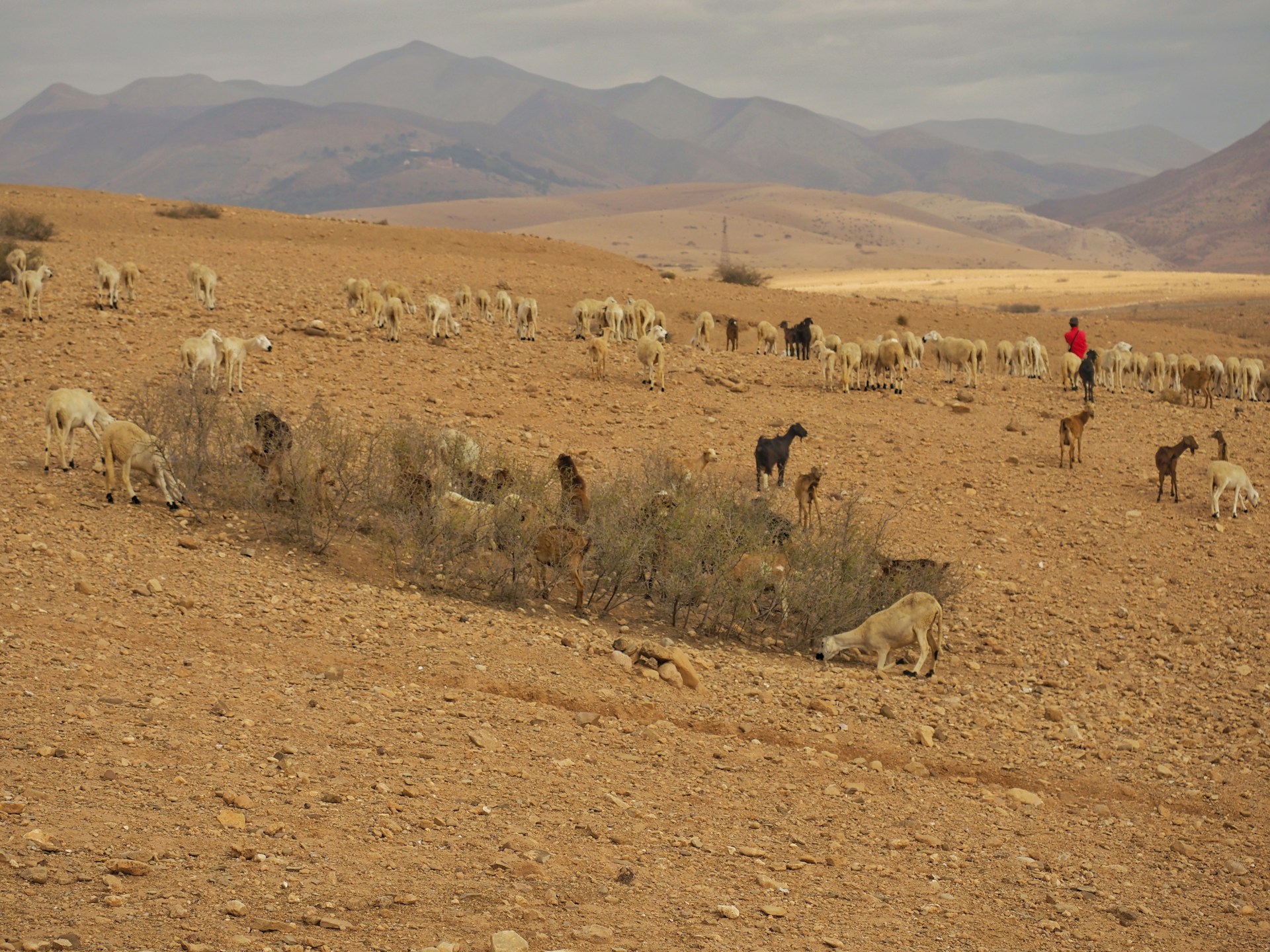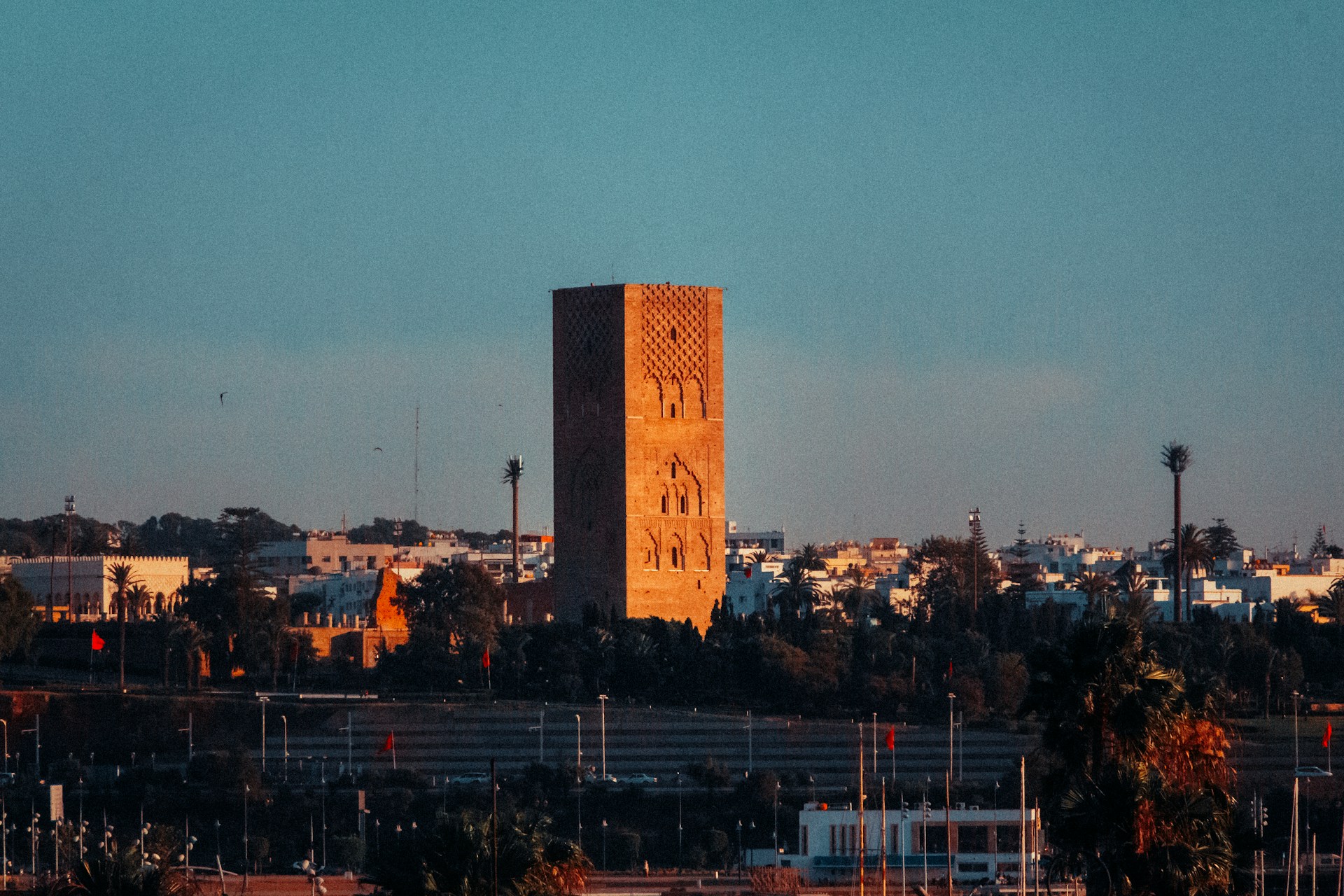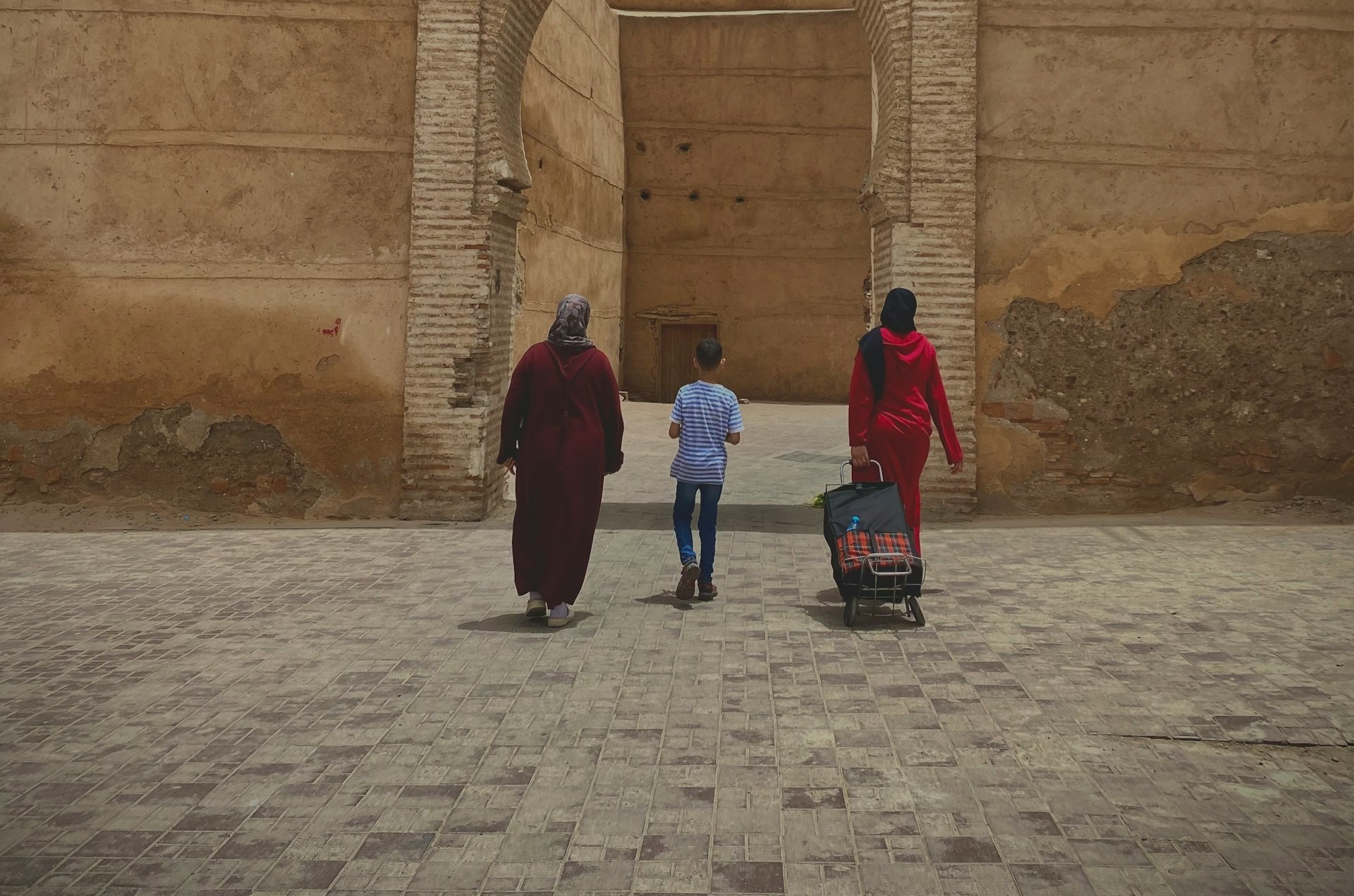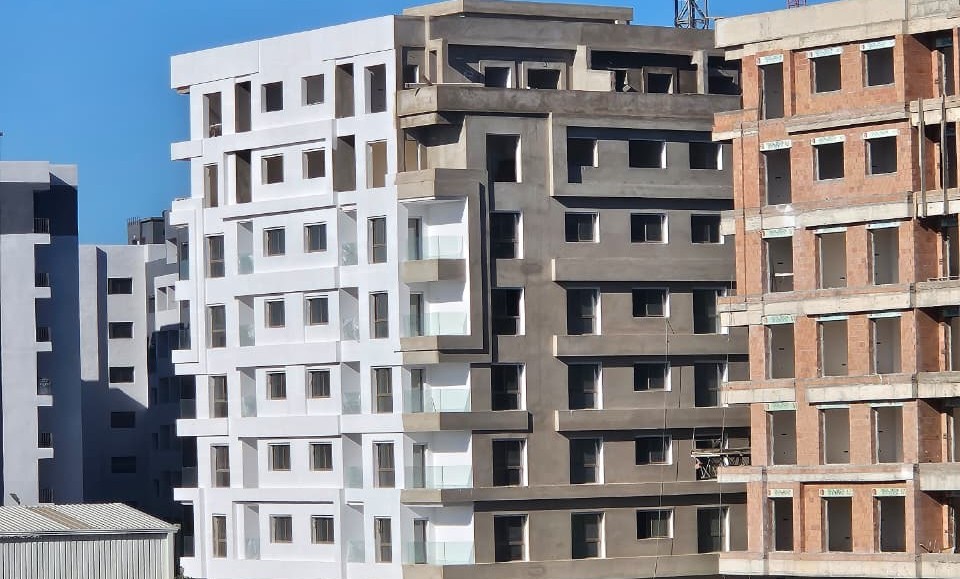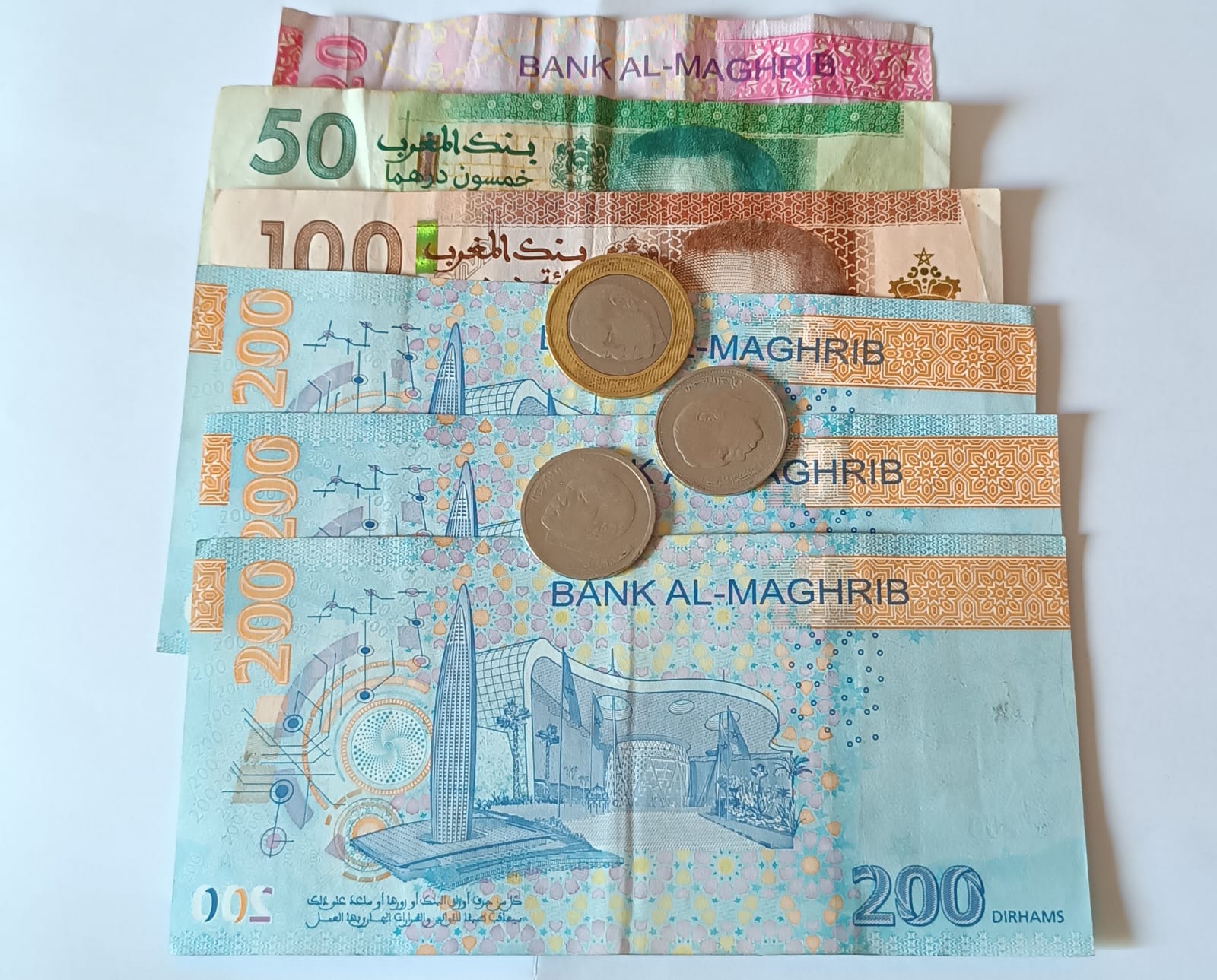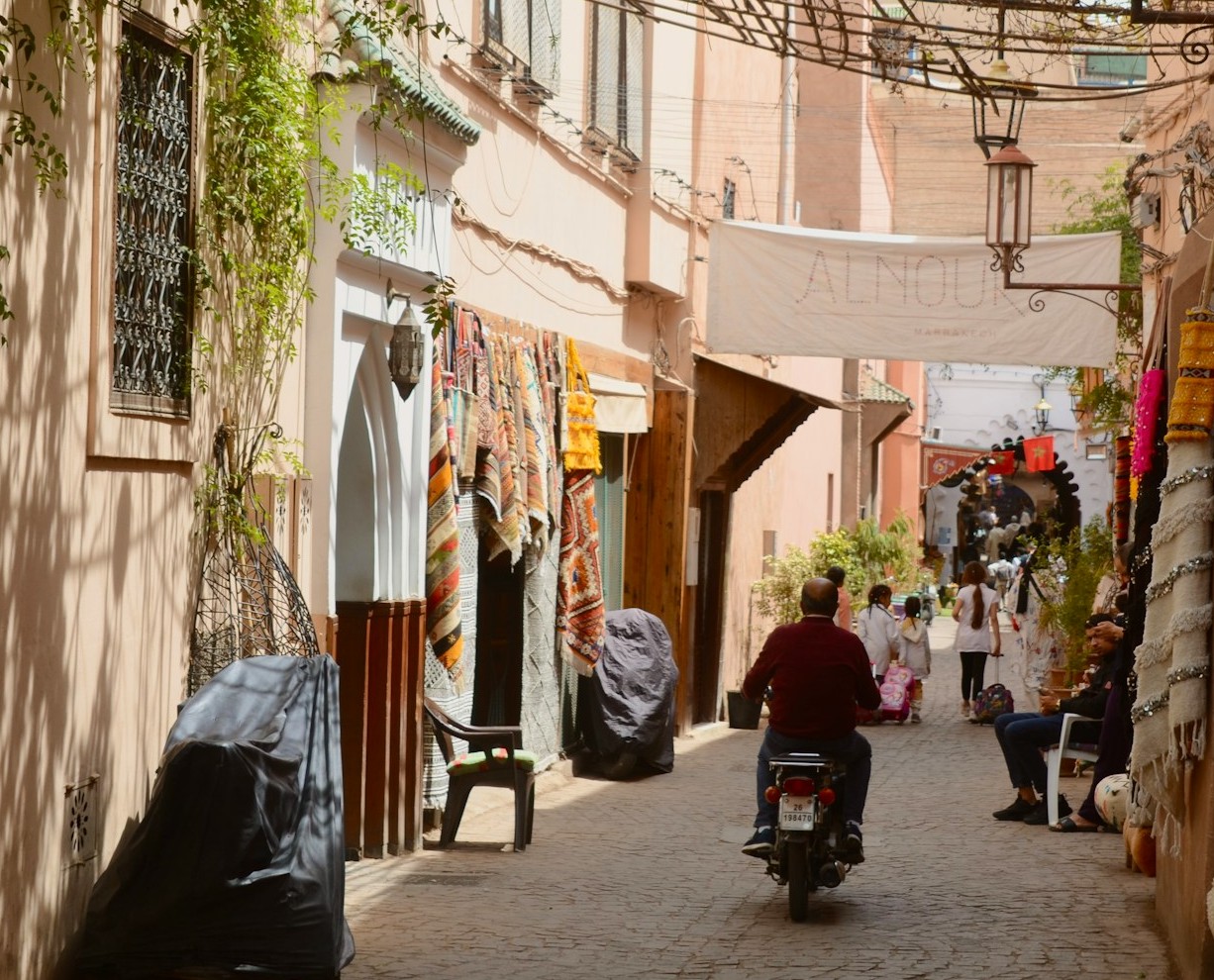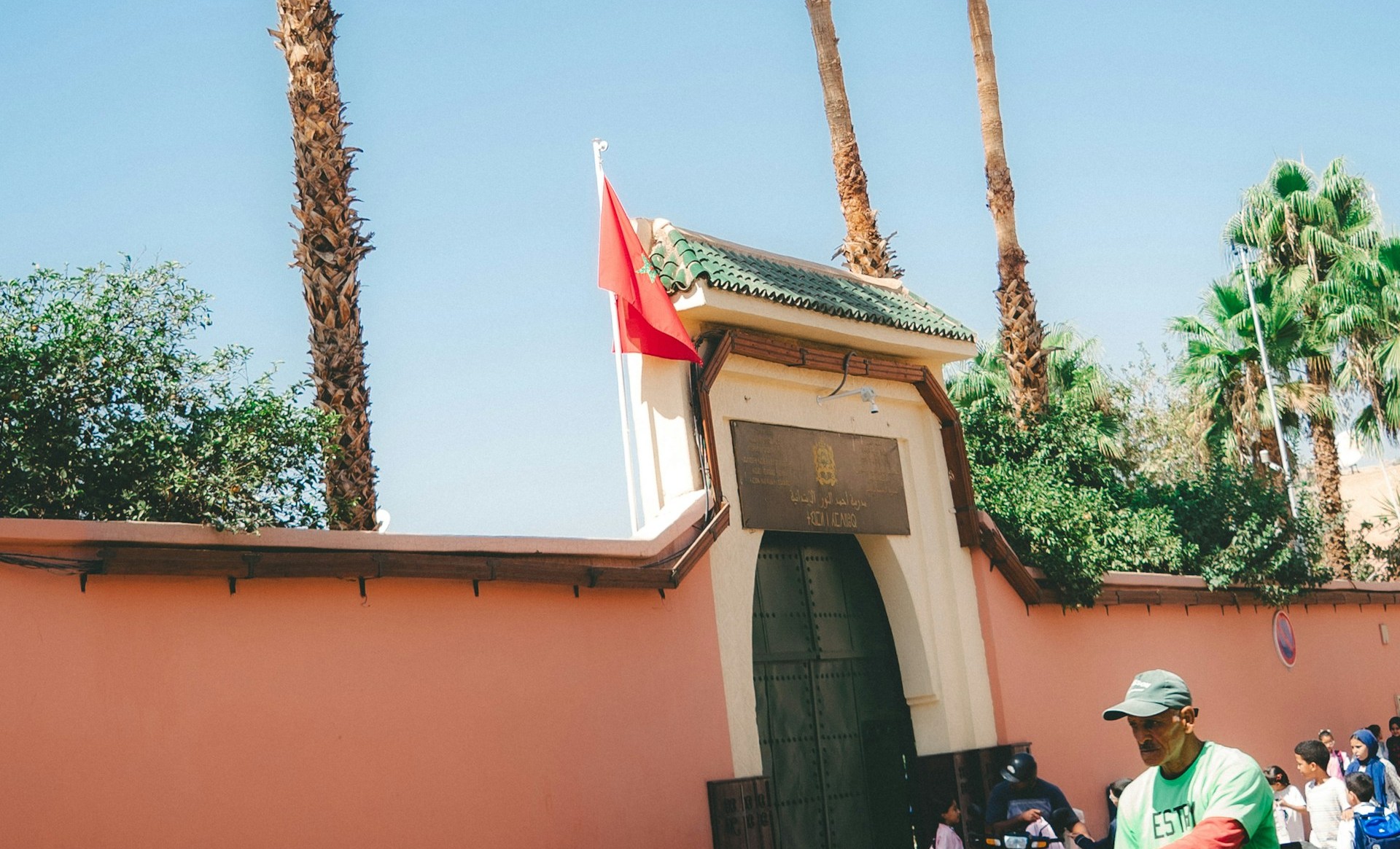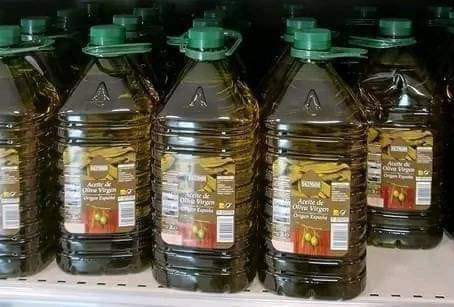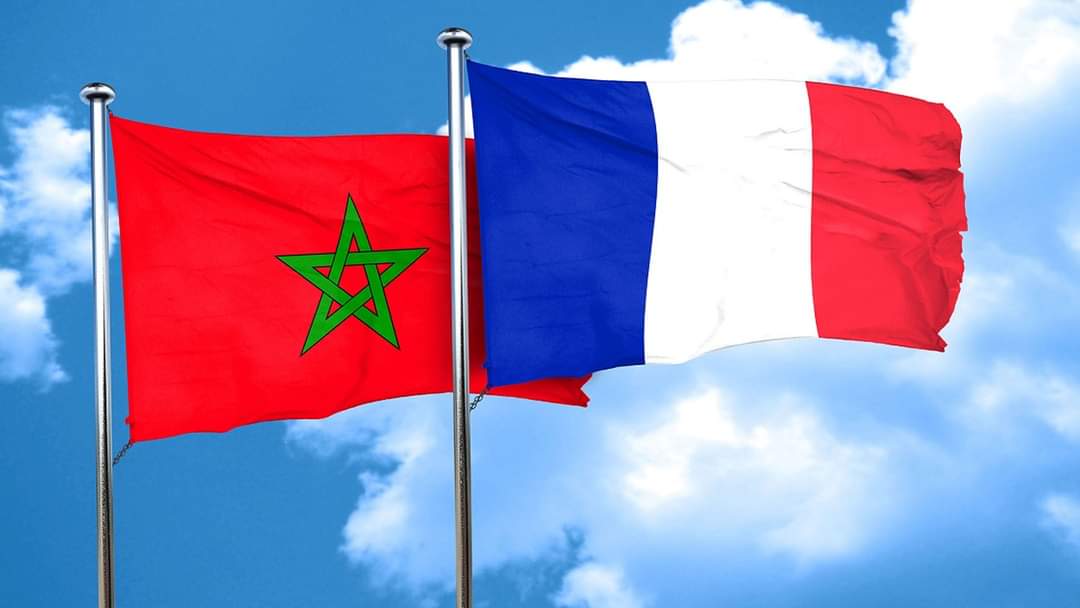Casablanca – Morocco has intensified efforts to strengthen its agricultural sector as the country continues to grapple with the effects of prolonged drought and global pressures on food supply. Recent government actions include substantial direct support to livestock breeders, the mobilization of hundreds of millions of dollars for the 2024–2025 agricultural season, and the rollout of new governance measures to ensure that financial aid reaches those most in need.
During a parliamentary session this week, Minister of Agriculture, Fisheries, Rural Development, Water and Forests Ahmed Bouari announced that approximately 352,000 livestock breeders have benefited from government subsidies for compound feed and for the preservation of female sheep and goats. The aid was distributed between November 5 and 10, with total payments reaching $149 million.
Bouari stated that this amount—equivalent to the entire annual support previously provided to breeders—was part of a broader strategy to improve transparency and efficiency in agricultural aid. Around 715,000 breeder files have already been processed by the fund overseeing the program, and 60% of beneficiaries have received text confirmations of their eligibility. Bank account details have been verified for 488,000 livestock breeders.
In his remarks before the Committee on Productive Sectors, the minister contrasted the new approach with previous subsidy systems. He explained that, in the past, government aid was distributed in the form of bags of feed and barley, with each breeder receiving between 10 and 30 bags annually. That method, he noted, had an annual budget of around $103 million and often led to imbalanced distribution, where some beneficiaries received more support than needed while others were left short.
The minister emphasized that the new digitalized system ties subsidy amounts directly to the number of animals owned, ensuring a fairer allocation of resources. He also highlighted that small-scale breeders, who make up nearly 90% of the sector, are now at the center of government efforts to preserve livestock and stabilize market supply.
Beyond livestock, the government is preparing for the launch of the 2024–2025 agricultural season with an investment package of $753 million, as announced following a meeting chaired by Prime Minister Aziz Akhannouch in Rabat last month. The initiative comes after five consecutive years of drought, which have strained both plant and animal production chains.
According to the Prime Minister’s Office, the allocated funds will be used to protect and rebuild national livestock herds, reduce agricultural product prices, and enhance the resilience of the agricultural sector amid ongoing climate and water challenges. The government also aims to balance production within major agricultural branches, including dairy, red meat, and poultry, as well as olive oil, citrus, date palms, legumes, vegetables, sugar, rice, seeds, and cereals.
Prime Minister Akhannouch reaffirmed that the government will continue to accompany farmers and cooperatives in adopting more efficient production practices, optimizing input management, and improving yields. He added that the state will maintain its investment policy in line with Royal Directives, focusing on long-term adaptation to drought and other climate risks.
Bouari also addressed the water crisis affecting agriculture, revealing that Morocco has endured seven consecutive years of severe drought. This situation, he said, has caused many dams to run dry, forcing authorities to redirect water resources toward drinking supply, particularly for major cities such as Rabat, Casablanca, Marrakesh.
He pointed out that while Morocco’s agricultural sector ideally requires 5 billion cubic meters of irrigation water, it currently receives only around 420 million cubic meters, equivalent to just 8% of total needs. Nevertheless, Bouari affirmed that national markets remain well supplied, attributing this stability to the success of the Green Morocco Plan, which continues to support farmers through modernization programs and value-chain investments.
The minister reiterated Morocco’s strong commitment to seawater desalination projects, which he described as “essential in the face of current climate conditions.” He emphasized that Morocco is working within a coordinated government strategy extending to 2050, aimed at achieving food sovereignty and ensuring that future generations have secure access to essential agricultural resources.
“A country that does not control its food supply cannot control its decisions,” Bouari concluded, underscoring the strategic importance of food security as a foundation of Morocco’s economic resilience.
With substantial financial resources mobilized and a stronger governance framework now in place, Morocco’s agricultural sector is entering a crucial phase of transformation. The government’s challenge will be to balance immediate relief measures for farmers with long-term sustainability goals, ensuring that agriculture remains both productive and climate-resilient in the years ahead.






